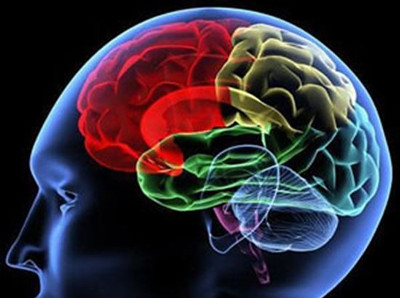When subjects were looking at something funny, the first thing that happen was that two regions in their left hemispheres lit up.
当受试者们看到有趣的东西,首先就是他们大脑左半球的两个区域亮了起来。
From previous studies these regions are known to be associated with resolving ambiguity.
先前的研究表明这些区域是处理模棱两可问题。

Is there something in “getting it” that's related to the process by which we work with unclear information until we suddenly see the pattern in it?
有什么“收到”的区域负责我们接触不清楚信息然后直到突然看到这种模式的过程吗?
A couple seconds later two other brain regions became active, called the insula and the amygdala.
几秒钟后,名为脑岛和扁桃形结构的大脑其他两个区域变得活跃。
The insula is associated with emotion, so it seems likely that this is the brain feeling good when it gets the joke–the “ha-ha” response.
脑岛控制情感,所以看起来当收到玩笑信号后大脑感觉良好,才会有“哈哈”反应。
The amygdala is associated with memory formation.
扁桃形结构与记忆的形成有关。
As the researchers point out, while you may not be able to remember every plot detail in a Seinfeld episode, you can probably remember the jokes.
研究人员指出,尽管你可能无法记住每个剧集的每处细节,但你能记得住笑话。
Humor stays with us, forming a lasting memory.
幽默常伴我们左右,能够形成长久的记忆。













